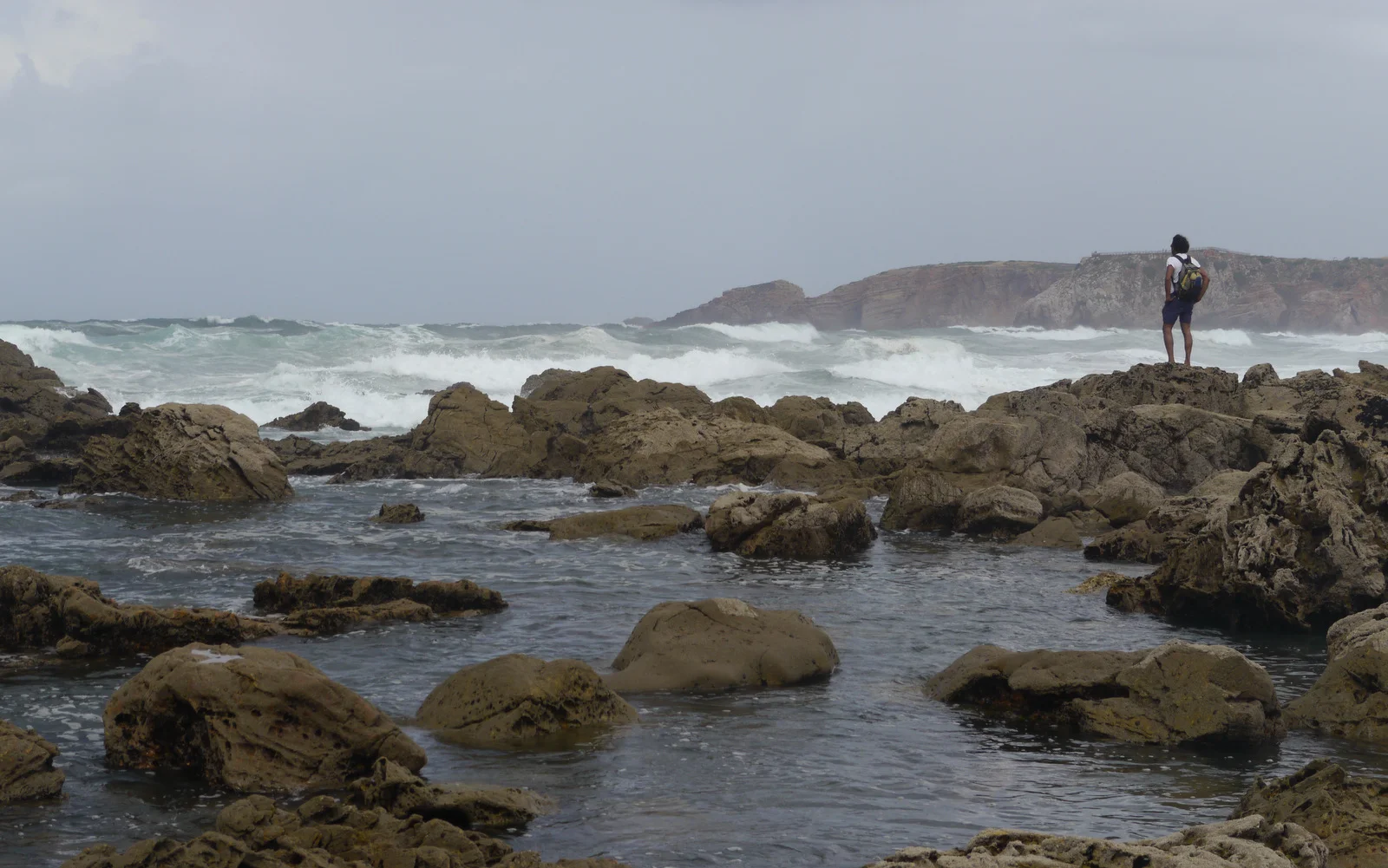Sorry for all the wait, but there will be a little more waiting as there is so much footage I need to get through. But here's a little snippet of things to come...
A lecture on plate tectonics - Likoma Island, Malawi
Malawian Sachet Culture
The sachet, as it is popularly known, is a small transparent plastic packet containing about 60ml of cheap, hard liquor. They are available in all the popular brands of alcohol common in these parts as well as other sachet only varieties with fancy names and colourful packaging. They cost as little as 15 kwachas (five pence) each and are typically bought in packs of five or ten. It has become the drink of choice for the poor, young, uneducated or vulnerable. Such is their negative effect on society that Zambia has recently created a country-wide ban on the sachet industry. Just three months after the ban came into force, when we passed through Zambia we didn’t come across their existence. However when we passed across the border into Malawi, the sachet culture slapped us in the face. We first come across the discarded empty sachets littering the dirt road and countryside. They are everywhere and littering the towns, countryside, beaches and forests. The litter problem, typically a Western defined problem (Malawians don’t share the same values on litter) is not the main problem of the sachet-culture, the effect on certain social groups is debilitating. More than once we were harassed by men, madly drunk, incoherent and dangerous.
The affordability and availability of this cheap and potent alcohol means that life even in the most idyllic and rural settlements is being severely affected. Men, who are typically the main consumers, are drunk before midday. Teachers and parents are complaining of the effect on teenage boys who are dropping out of schools to drink sachets. Even children under the age of ten are known to be drinking the substance. Others complain of a rise in domestic and sexual violence. The sachet culture also affects those not directly connected; the transport system based around private mini-buses are becoming increasingly more dangerous as drivers keep themselves awake with the use of sachets.
For a country with a high unemployment rate, such an increase in unproductiveness of the population paralyses development.
Malawi has tried banning the product but a labyrinth of free business, vested interests and long legal processes means that the government required great political will to pass a ban. They do not (yet) have the will. A small success has been had from the Malawian government as they have increased the taxes on alcohol to 250% in the latest budget with the idea to price out school children from the market and make it uneconomical for others. Sadly it still remains too cheap and the sachet problem will not be solved until a total ban is enforced.
Further articles: http://www.nyasatimes.com/malawi/2012/11/04/malawis-chanco-student-dies-after-consuming-alcohol-sachets/
http://www.nyasatimes.com/malawi/2012/07/01/chiefs-back-ban-of-alcohol-sachet/
http://mwnation.com/opinion-and-analysis/weekend-investigates/6767-should-malawi-ban-sachets
http://www.faceofmalawi.com/2012/09/zambia-bans-liquor-sachets/

